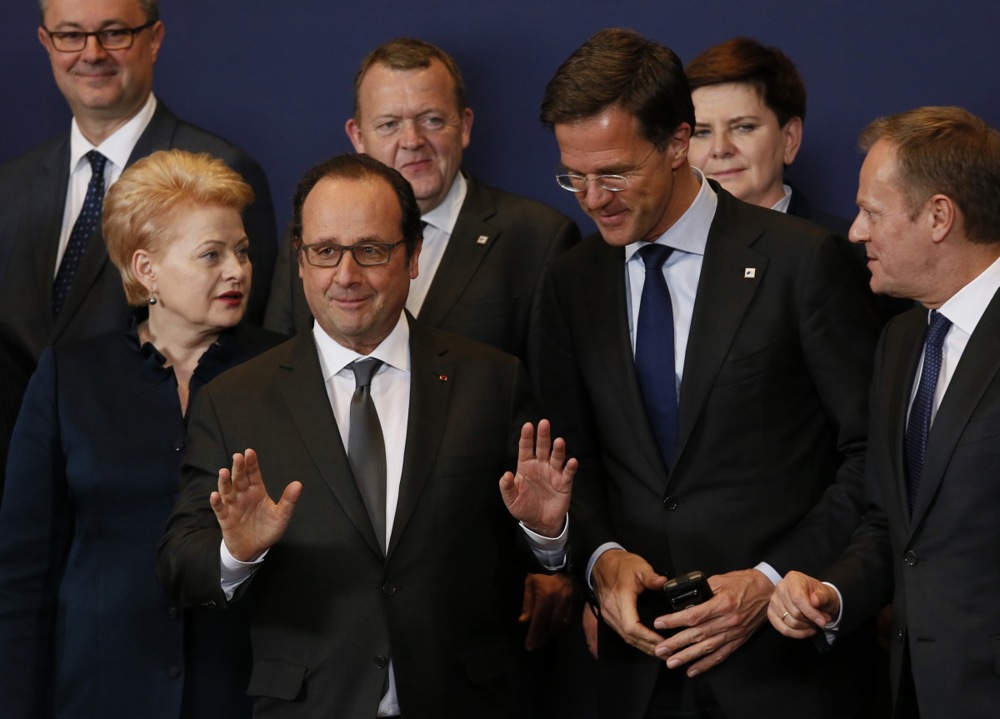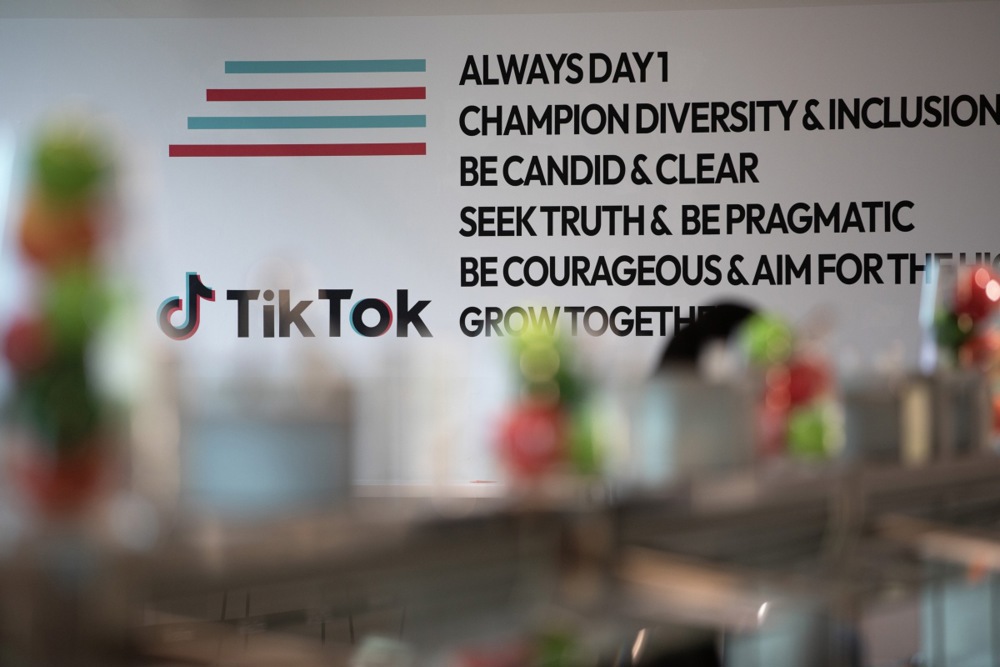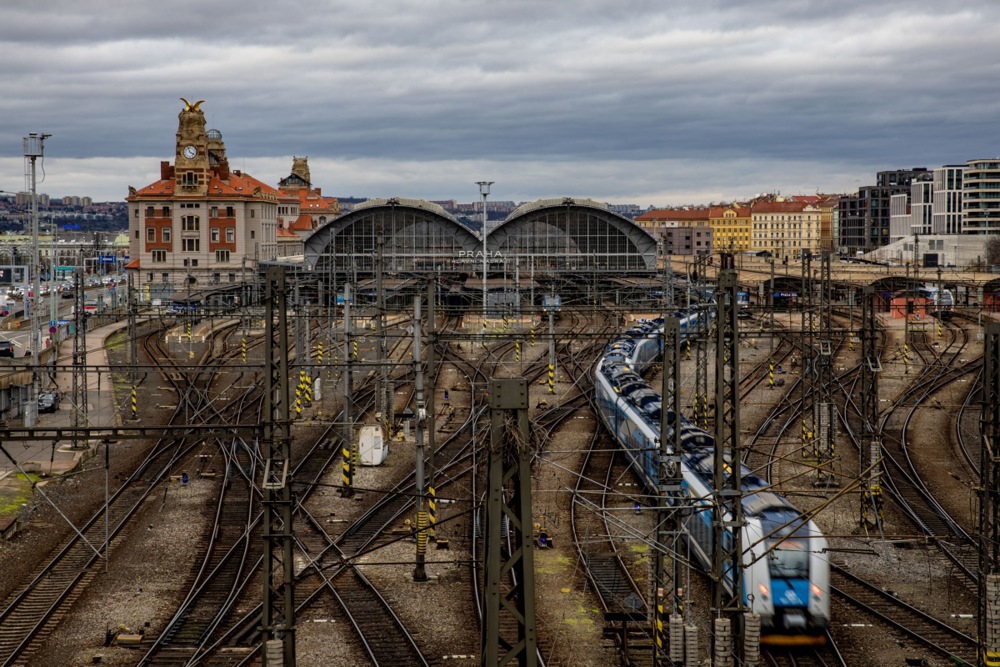European Union institutions have struck a deal to extend an agreement allowing the tariff-free importation of Ukrainian agricultural products – despite protests from farmers within the bloc.
The European Parliament and Council reached a provisional agreement on extending the Autonomous Trade Measures (ATM) on April 8.
As part of the deal, politicians have introduced safeguards aimed at appeasing concerned EU farmers, with the measures said to be designed to prevent “distortions” in the market.
These include the ability to implement “any measures” the European Commission deems necessary to prevent Ukrainian imports from damaging the internal market.
They include a so-called “emergency brake” for products deemed “sensitive”, such as “poultry, eggs, sugar, oats, corn, groats and honey”.
According to a Council press release, the EC will be legally obliged to implement such restrictions if the import of sensitive goods “exceeds the arithmetic mean of quantities imported in the second half of 2021, 2022 and 2023”.
The renewal of the trade deal has geopolitical significance, particularly in the context of ongoing tensions between the EU and Russia.
Rapporteur Sandra Kalniete MEP, of the European People’s Party (EPP), said the agreement struck the right balance between protecting the interests of European farmers while continuing the EU’s support for Ukraine.
“Under this new agreement with the Council, we have fortified safeguards to protect EU farmers in case of market turbulence sparked by Ukrainian imports,” she said.
“By extending the trade support measures for another year, this agreement is also a testament to the EU’s continued solidarity and unwavering support for Ukraine in the face of Russia’s brutal war of aggression until Ukraine’s victory.”
The new deal marks an extension from June 6, 2024 to June 5, 2025 and concerns the continued suspension of all relevant customs duties and quotas.
Over the past couple of years, an increase in food imports from Ukraine into the EU market has angered European farmers.
That culminated in widespread protests by agricultural workers across Europe earlier this year and late last, with demonstrations in capitals ranging from Paris and Brussels to Warsaw.
The introduction of tariff-free imports of Ukrainian wheat, EU farmers claimed, unfairly drove down prices, hurting the bloc’s internal market, with the agreement encouraging unfair competition.
Not all EU politicians are in favour of the latest deal. Florian Philippot, former French Euro MP and President of The Patriots party, said the renewal represented a “knife down the back of our farmers”.
L’accord signé cette nuit à Bruxelles sur les importations agricoles d’#Ukraine est un vrai méchant coup de poignard dans le dos de nos paysans ! ⤵️
1. Le principe : la poursuite des importations sans droits de douane, comme depuis 2022 : concurrence déloyale insoutenable ! Le… pic.twitter.com/nd0QsPkuVI
— Florian Philippot (@f_philippot) April 9, 2024





